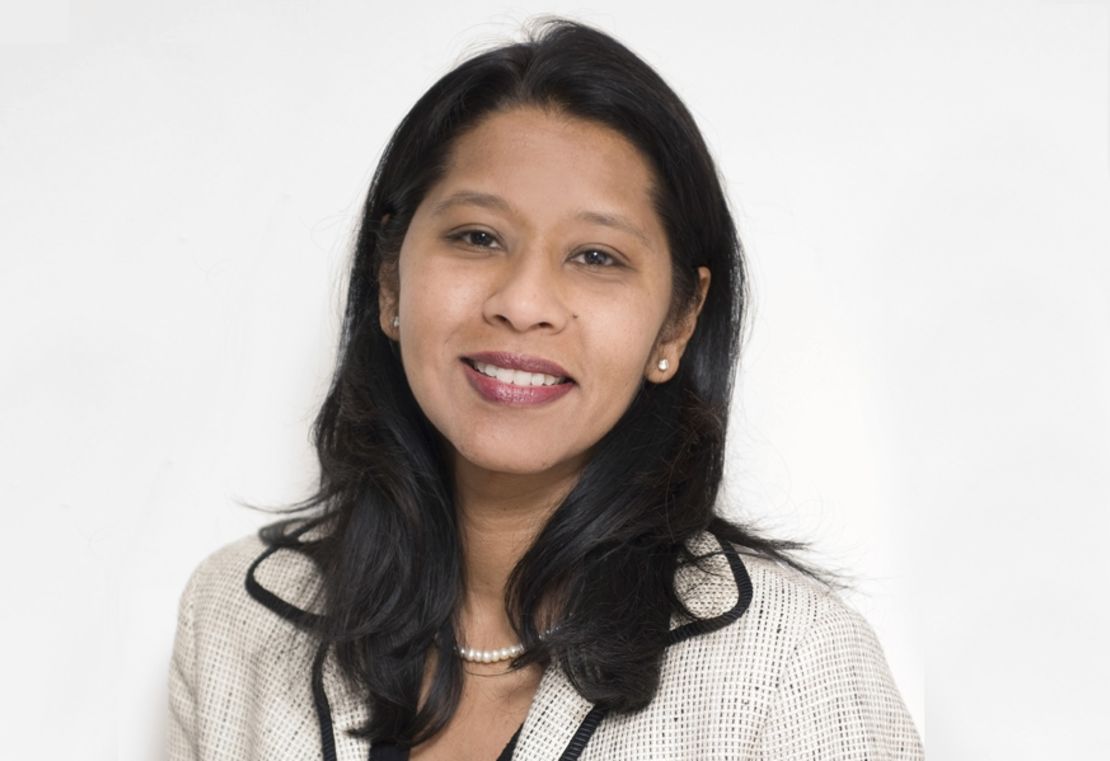Editor’s Note: Sudha David-Wilp is a senior transatlantic fellow at the German Marshall Fund of the United States’ Berlin office. She previously oversaw the Congressional Study Group on Germany in Washington DC, a program for lawmakers on Capitol Hill and in the Bundestag.
Story highlights
Germans go to the polls Sunday; Chancellor Angela Merkel up for re-election
Anti-euro Alternative for Germany (AfD) party is campaigning for the first time
Sudha David-Wilp: Fledgling party could throw wrench in gears of Merkel's plans
If it wins seats in parliament, AfD could splinter the conservative alliance, says David-Wilp
Chancellor Angela Merkel’s popularity will not be enough to ensure a continuation of the government she would like to lead after Germans go to the polls - and a newcomer on the political scene could throw a wrench in the gears of her plans for the nation.
Despite standing 20 points higher in the ratings than challenger Peer Steinbrueck of the SPD, Merkel’s conservative Christian Democrats (CDU) are unlikely to secure enough votes for an absolute majority.
It is actually the Chancellor’s own camp in the political spectrum of the right that threatens the current government, made up of the Christian Democrats and their junior partner, the liberal democratic FDP.

The upstart Alternative for Germany (AfD) party could deliver payback to Europe’s paymaster, because of Chancellor Merkel’s ad hoc reactions to financial instability in the Eurozone.
With a populist platform cloaked in its profile as the “party of professors,” the nascent AfD touts an anti-euro platform, and is channelling supporters away from the right and enticing protest voters.
Together, they could be enough to help the AfD garner the five per cent of the vote they need to gain seats in Germany’s parliament, the Bundestag. The party currently scores between 2% and 4% in the polls.
Read more: Germany playing beggar-my-neighbor with eurozone?
If they succeed, it could then be difficult for the current government to muster a majority.
Just as suddenly as the AfD party appeared on the scene earlier this year, consensus on Germany’s role in Europe may disintegrate in Berlin, since there is now a conservative political voice breaking the taboo on questioning Germany’s integration within the European Union.
Neither the political parties nor the German electorate has mobilized around any burning issues this campaign season, but the AfD has tapped into an undercurrent of frustration about the euro and unease about Germany’s economic resilience.
Merkel has steered Europe’s biggest economy well during the global economic crisis: today, unemployment is under 7% and Germany’s export engine is the envy of many countries.
Two decades after reunification, the nation seems to have reached the zenith in economic indicators, but looming in the background are structural factors such as a demographic decline and income disparity which, coupled with aiding Eurozone countries in the periphery, creates unease among this nation of savers.
According to the 2013 Transatlantic Trends Survey, a majority of Germans would like to see each EU member state maintain authority over its own economic and budgetary policies.
Read more: It’s the economy Dummkopf - CNN debate highights key issue
The AfD may only have 20,000 party members, but about a third of the country’s 50 million voters are believed to be undecided. As a result, there is ample recruiting ground for parties like the AfD to generate a critical mass.
Even if it doesn’t enter the Bundestag this time around, its mere existence could create more political fragmentation and upend Merkel’s current center-right coalition.
Just as election campaigning swung into gear at the end of the summer, Finance Minister Wolfgang Schaeuble predicted another bailout for Greece.
This was the moment for Merkel to outline a plan for the European project in order to neutralize the opposition complaining about her lack of a plan and calm the euroskeptics in her midst, reinforcing her credibility as a measured leader in times of crisis.
Instead she is riding on Germans’ current sense of prosperity to usher in a third term as Chancellor.
But as long as the AfD remains a potential player in Berlin, Germans will always be reminded of the solidity of the Deutschmark, and Merkel may soon see the conservatives splinter, just as the German left has done over the past decade.
The opinions expressed in this commentary are solely those of Sudha David-Wilp.






